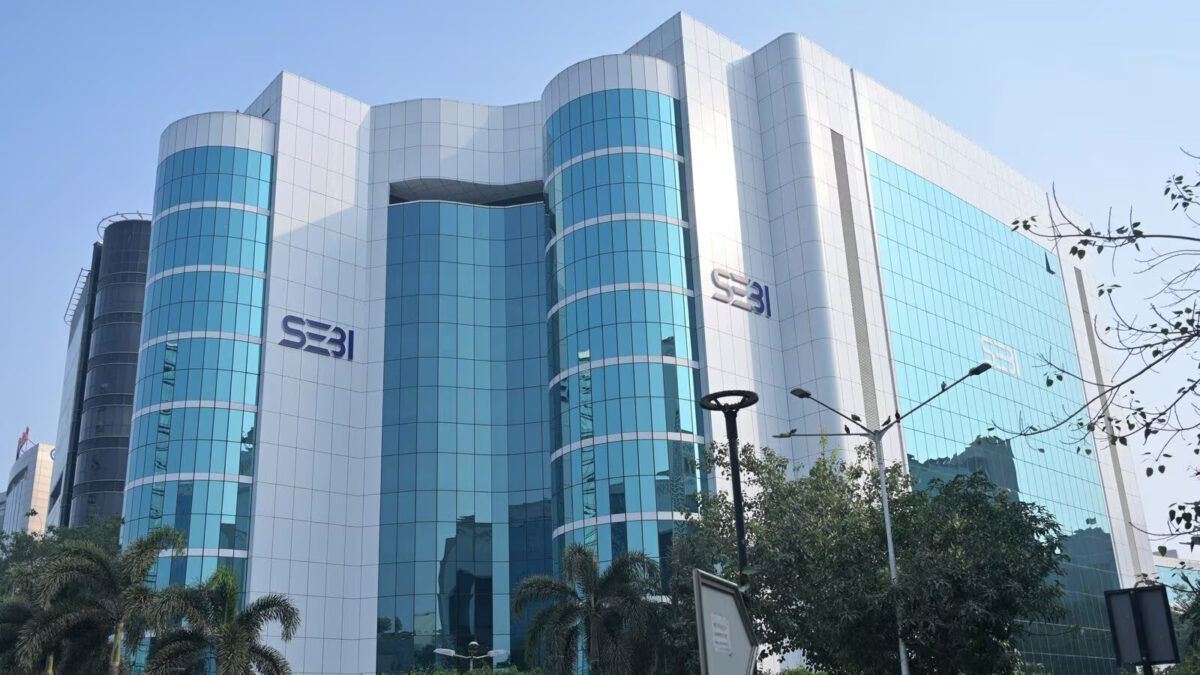India’s export sector faces challenges from rising geopolitical tensions, protectionist trade policies, and the rising threat of a global tariff war, the Reserve Bank of India warned in its annual report. However, the central bank said India’s active participation in 14 free trade agreements and six preferential trade agreements could help offset some of these headwinds.
India’s ongoing negotiations for new deals with key trading partners such as the US, Oman, Peru, and the European Union are expected to provide fresh impetus to trade growth, RBI said in its report for 2024-25.
RBI also warned that rising input cost pressures for the manufacturing sector and subdued domestic demand posed risks to India’s economic growth.
Global merchandise trade volume is projected to contract 0.2% in 2025 under an adjusted scenario based on the tariff situation as of 14 April 2025, RBI said. But the US’s trade deal with the UK and its agreement with China to engage in discussions, both earlier this month, augur well for global trade, it said.
India’s trade talks with the US and the EU are in the final stages and likely to be signed next month. India recently finalised its trade agreement with the UK, concluding three years of negotiations that began in 2022.
“(India’s trade agreements) will add one more factor to the RBI recommendations. With less than 20% of global trade taking place under free trade agreements, India needs to focus on competing in the broader international market,” said Ajay Srivastava, a former Indian trade negotiator and co-founder of the Global Trade Research Initiative (GTRI), a trade research think tank.
“This requires deep reforms to domestic manufacturing, including lowering production and input costs, rationalizing import duties, reducing delays at ports, and ensuring easy access to loans for small and medium enterprises,” Srivastava added.
Widening trade deficit
India’s merchandise trade deficit widened to $282.8 billion in 2024-25 from $241.1 billion a year ago, with oil accounting for 43.3% of that, commerce ministry data show. This means India spent much more on importing goods than it earned from exporting them during the year.
Among India’s major trading partners, the country’s trade deficit with China, Russia and the UAE widened in 2024-25, while surpluses improved in respect of the US, the Netherlands, and the UK.
Coal imports fell 20% year-on-year in 2024-25, driven by both a decline in volumes and lower import prices, per RBI’s annual report.
The drop was primarily due to higher domestic coal production and reduced demand from thermal power plants for imported coal used in blending. As a result, India’s reliance on imported coal declined significantly, easing pressure on the country’s import bill and helping to moderate the overall merchandise trade deficit.
India’s trade talks with the US
India’s discussions with the US for a bilateral trade agreement is among the country’s most crucial international pacts in the works, but has been under the shadow of US President Donald Trump’s reciprocal tariffs announced last month.
On 28 May, however, a US federal court ruled that Trump’s tariffs and country-specific duties—such as the 26% levy on Indian goods—were not justified under the International Emergency Economic Powers Act since trade deficits do not qualify as an “unusual and extraordinary threat” under the law.
Indian trade experts are now urging New Delhi to reconsider its approach to ongoing trade negotiations with the US, and not allow for unilateral concessions.
India’s bilateral trade with the US climbed significantly in the just-ended financial year, to $131.84 billion in FY25 from $119.72 billion in FY24.
This growth was driven by a sharp increase in Indian exports, which rose 11.6% to $86.51 billion from $77.52 billion over that period, while imports from the US grew at a slower pace of 7.42%, to $45.33 billion from $42.20 billion.
As a result, India’s trade surplus with the US widened by 16.6% to $41.18 billion in FY25, compared with $35.32 billion in the previous year.
India’s key imports and exports
India’s gold imports rose sharply in 2024–25, increasing 27.4% year-on-year to $58 billion. The rise was driven largely by a 30% surge in international gold prices, even as the overall import volume contracted, the RBI report noted.
India’s record trade deficit for November was revised downward to $32.8 billion from $37.8 billion after the government made a significant correction in gold import data, as Mint reported on 8 January. Gold imports for November were adjusted to $9.8 billion, a substantial reduction from the earlier estimate of $14.8 billion.
Electronic goods imports also grew significantly, expanding 12.4% to $98.7 billion during the year. Although exports of electronic goods remained strong, the trade deficit in the sector widened marginally to $60.1 billion in 2024–25. The electronic goods trade imbalance was primarily due to continued deficits in components and computer hardware and peripherals, as per the RBI report.
However, telecom instruments recorded a trade surplus of $3.7 billion, partly offsetting the overall gap.
Meanwhile, India’s net services exports reached $135.5 billion during April–December 2024, reflecting a robust growth rate of 12.9% year-on-year. This was largely supported by a 14.5% increase in software and business services exports, which together accounted for nearly 74% of the country’s total services exports.
Among other services, transportation receipts rose by 19.5% year-on-year, buoyed by higher global freight rates amid disruptions in key shipping routes. The average Baltic Dry Index—a benchmark for freight shipping prices—increased by 12% over the corresponding period of the previous year.
Exports of travel services also saw a modest rise of 5.5%, indicating increased spending by inbound tourists.
Top-notch SEBI registered research analyst
Best SEBI registered Intraday tips provider
Telegram | Facebook | Instagram
Call: +91 9624421555 / +91 9624461555





